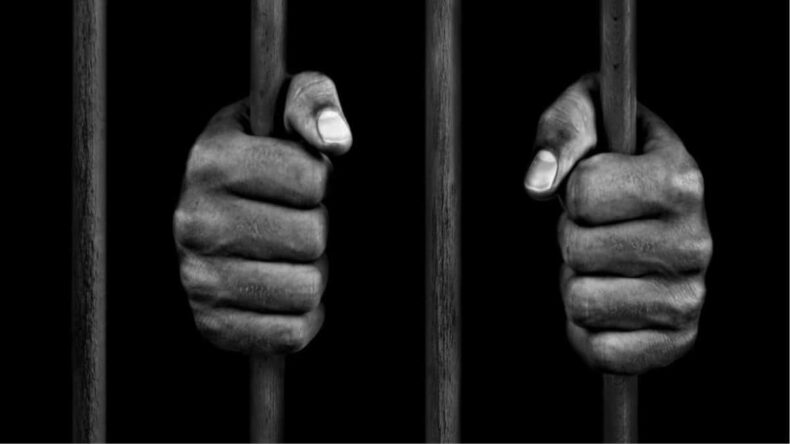The Supreme Court has upheld that the single eyewitness can be considered a sufficient eyewitness beyond reasonable doubt for the murder trial and confirmed the case with previous judgments that merely based on the close relation of the witness to the deceased could not be the basis for discarding their testimony.
In a Murder trial, a single eyewitness is enough to be taken as credible testimony to prove a case beyond doubt, as observed by the Supreme Court. The prosecution can establish a case beyond a reasonable doubt, even in cases involving several accused.

Justice B.R. Gavai, Justice Vikram Nath, and Justice Sanjay Karol were members of the bench that approved the court’s decision to convict and sentence eight accused persons in the first place based solely on witness testimony. Solitary evidence can be found in the conviction of eight persons, specifically in the roles prescribed to each accused and when there is no imprecision in their testimony.
The accused was sentenced to life in prison by the court.
The court convicted the accused with a life imprisonment sentence.
The deceased was killed in broad daylight. The body was sent for a post-mortem, revealing 21 stab wounds, some severe.
Following this, the trial court convicted eight accused persons, the distant cousins of the deceased, and sentenced them to life imprisonment. The witnesses turned too hostile during the prosecution. Based on the unrefuted testimony of the prosecution witness and evidence supporting the hostile witness, the trial court still believes that the case has been proved beyond a reasonable doubt.
The honorable high court approved the conviction and imposed the sentence. However, three of the accused approached the Supreme Court for an appeal. Now, the question that comes to the surface as a debate is whether the basis of solitary witness testimony can decide the fate of the accused or whether they are incarcerated for life.

The adjudication referred to a series of cases for the murder trial case.
Under Article 136 of the Constitution of India, it is noted that in ordinary exercise, there shall be no interference with the concurrent findings of the facts, except in the particular circumstances or any error that is gross in the below-mentioned courts.
The adjudication of the case in the concerned court has referred to a series of connected cases dealing with hostile evidence, omissions in the effects, deficiencies, the single witness reliance, close relative testimony, the prevalence of the possible probabilities, FIR delays in sending the cases, the court of appeals of the power, and the Supreme Court power under Article 136.
Concerning the Supreme Court, if the testimony of a witness has turned hostile, it shall not be a ground to reject the complainant’s evidence. In this case, the only evidence is the deceased’s brother, and there is no ambiguity in the case testimony with the prescribed roles of the accused persons. Moreover, the complainant did not draft the facts, but the advocate prepared the case, which would have cast doubt on the prosecution’s case.
They observed that there could be no dispute over the presence or the number of the accused, and therefore there is no possibility of interfering with the decision of the courts below.

The trial judge could trace the trajectory of the case with the eyewitness.
Karunakaran v. State of Tamil Nadu and Sadhuram v. State of Rajasthan judgements have been referred to as holding that the witness shall be reliable. Based on their testimony, the conviction case cannot be weak. In Bhagwan Jagannath Markad v. State of Maharashtra and Harbans Kaur v. State of Haryana, the apex court has reflected on this judgement as well, which indicates that testimony cannot be rejected because the witness is a close relative; therefore, this cannot be the basis for discarding their testimony.
The court has used words of caution in the case while affirming that the court of the trial is an expert to decide on the matter; however, it also affirms that there.













